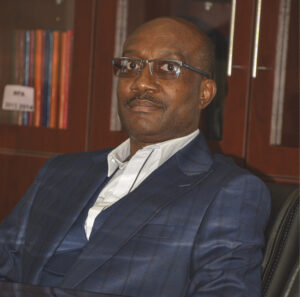The National Environmental Management Laws Amendment Act, 2022 (NEMLAA 4) came into effect as of 30 June 2023 – and it’s another positive shift for our approach to environmental protection.
As per the outline from government, this Act aims to prevent pollution and ecological degradation and ensure sustainable development by providing for air quality measures, norms and standards, management and control by all spheres of government. Now that this Act has been enacted, it should not only help strengthen South Africa’s environmental enforcement but deter non-compliance with environmental laws.
While some might say that South Africa is now making good headway in our fight against climate change, we must still consider that we are in a juxtaposition between fighting climate change and fighting economic turmoil. Which one comes first, or can they coexist?
While the government has already indicated its intention to gain access to higher levels of climate financing with a goal of achieving $8-billion per year by 2030, we know that, considering the current economic environment, this may not be as easy. So, what is the immediate solution or potential opportunity?
…we have a conundrum where many people across business, communities and government are under-informed about the potential of well-managed, compliant and innovative waste-management solutions.
It’s important to note that the waste sector offers a crucial and often overlooked opportunity, not just towards reducing carbon emissions through effective waste management but in meeting the country’s Sustainable Development Goals (SDGs).
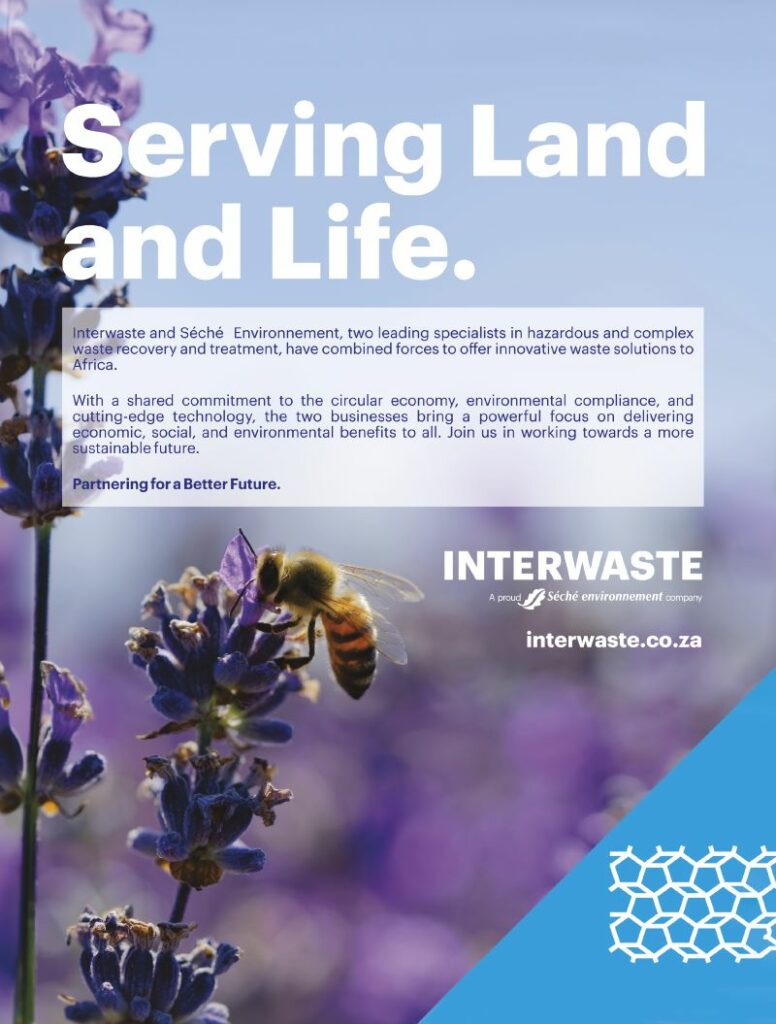 However, we have a conundrum where many people across business, communities and government are under-informed about the potential of well-managed, compliant and innovative waste-management solutions.
However, we have a conundrum where many people across business, communities and government are under-informed about the potential of well-managed, compliant and innovative waste-management solutions.
The reality is that with a population of 61-million people which is growing by around 1% a year, and with each person generating around 2kgs of waste per day, we are heading towards a waste disaster that will impact our climate action and our goals significantly. We need solutions.
Solving problems and creating jobs
We are already seeing some movement in the waste and energy sectors through programmes such as the Just Energy Transition (JET), which aims to explore alternative sustainable options to key challenges and where waste can, and is, forming a critical pillar.
But we need to understand that waste, if well managed, can also be a very powerful tool in job creation and social equality. In fact, the global waste-to-energy market is expected to grow from $28.4-billion in 2017 to almost $43-billion in 2024. As far back as 2019, global employment opportunities in renewable energy was given as 11.5-million people gaining access.
The International Renewable Energy Agency (IREA) has also proclaimed the opportunities that exist, stating that renewables have the potential to employ more than 40-million people by 2050.
While this new legislation is very welcome in our fight to protect our environment, the good news is that climate action and economic preservation can coexist and should be seen as complementary. In fact, waste and effective waste management presents a large economic opportunity not only to establish new industries and revenue streams but to meet legislative requirements and to achieve our climate-action agendas. It’s a win for everyone.
 Biography
Biography
Kate Stubbs is the current Group Marketing Director for the Interwaste Group which forms part of Séché Environment, a leading international environmental solutions business. She has held various executive positions in marketing, sales, strategy and communications over the last 20 years, predominantly working for supply chain, logistics and waste management companies serving a broad range of industries.
Her experience has enabled her to work with diverse local and international teams and she thrives in complex, intellectually stimulating environments. Some of her successes have been in creating and building new brands, achieving growth strategies and assisting with the integration of many acquisitions.
She is passionate about developing sustainable solutions for businesses that are not only economically viable, but which are socially conscious and protect our environment for future.



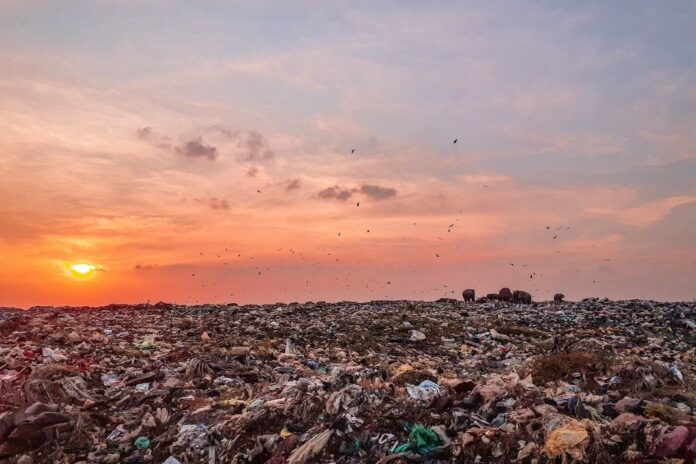
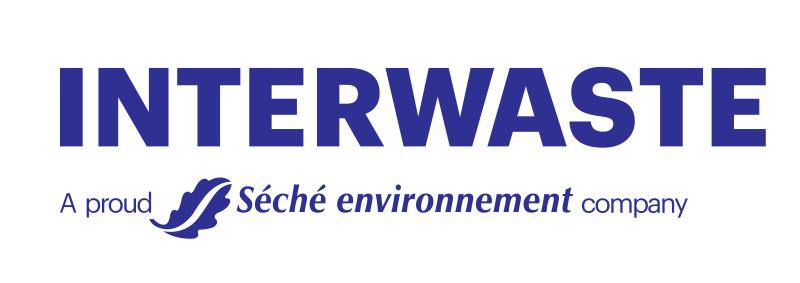
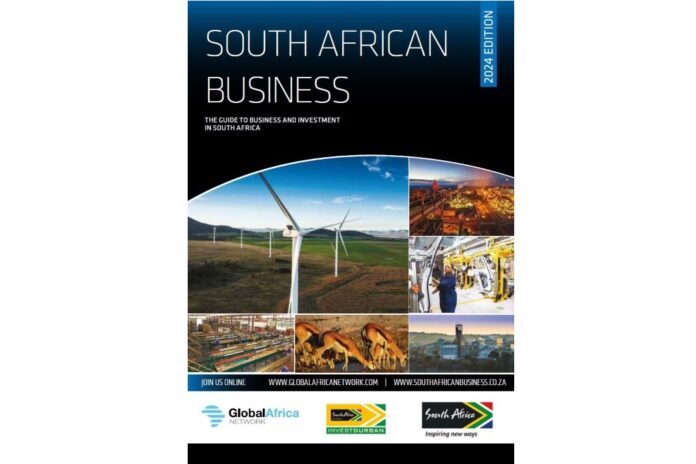





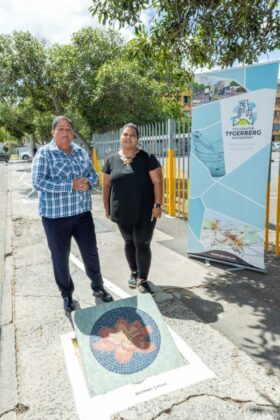
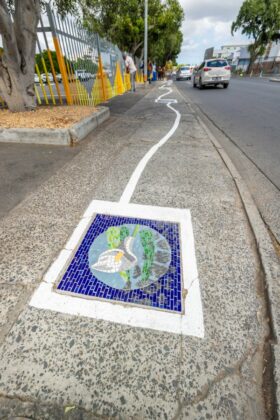
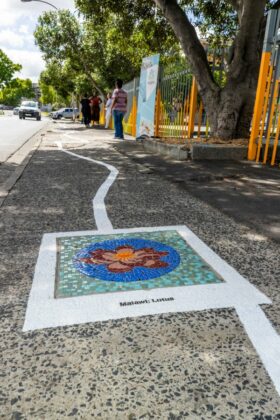
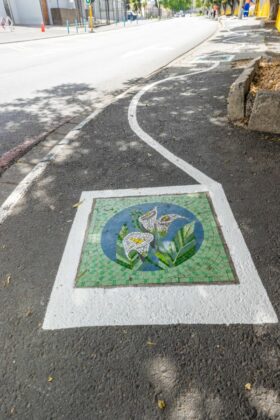

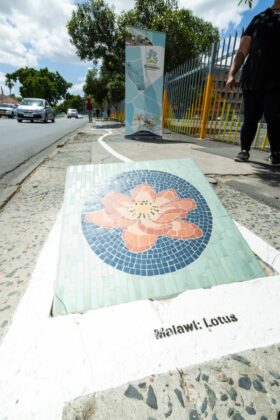
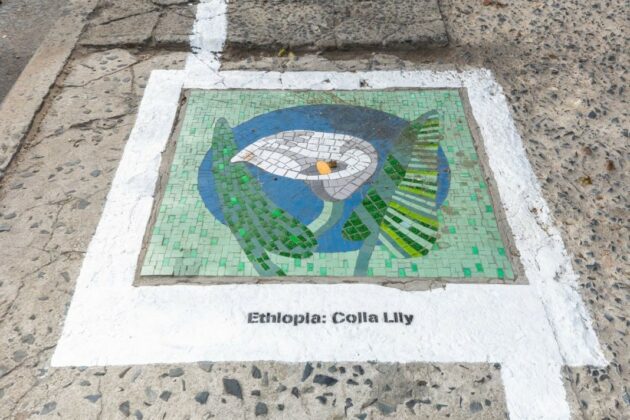
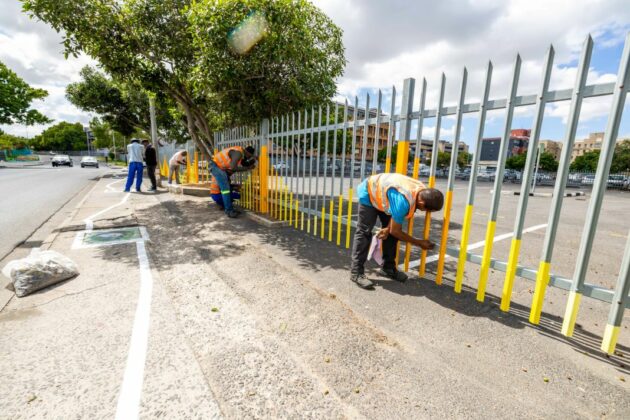
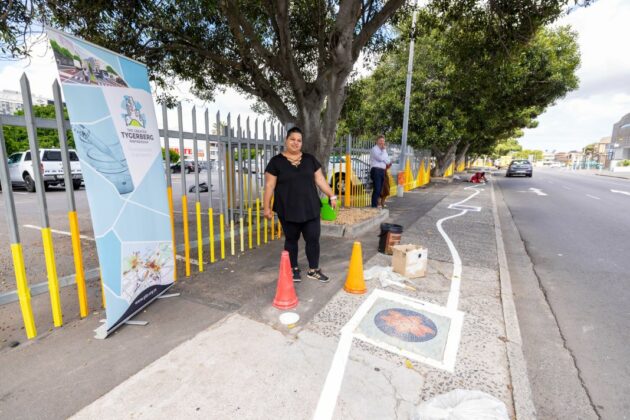
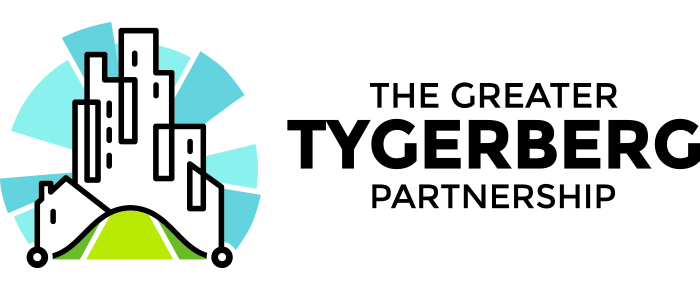
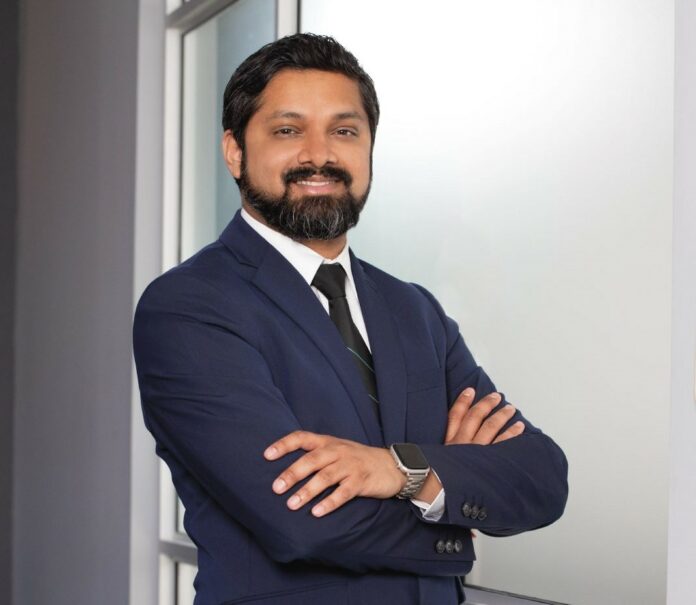
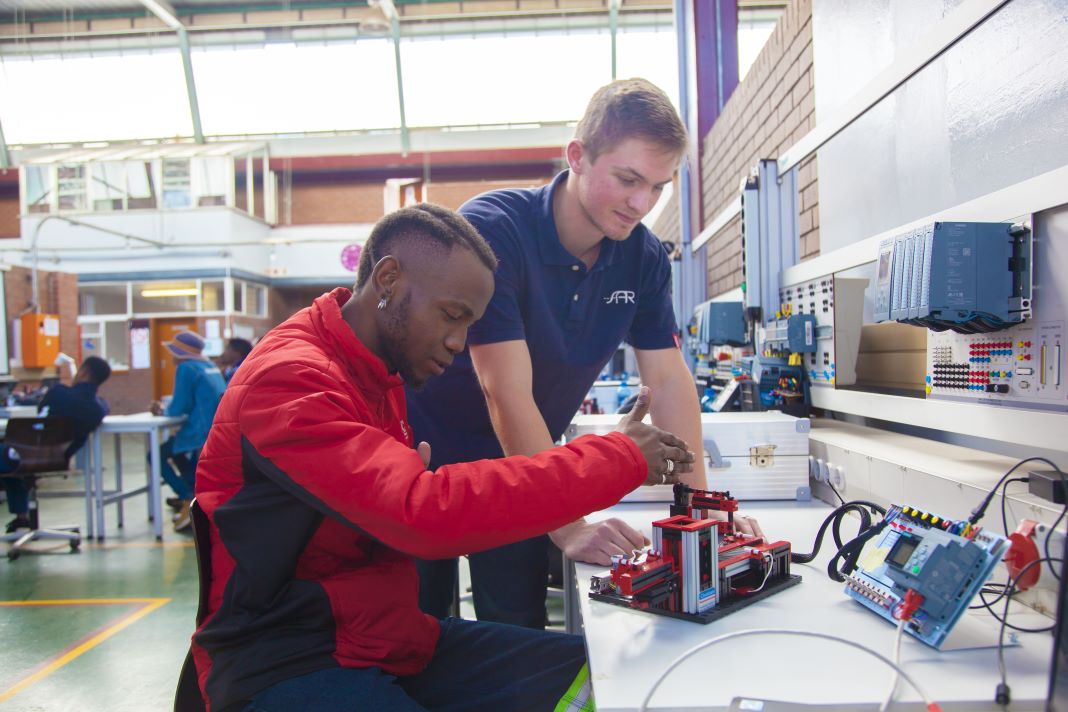
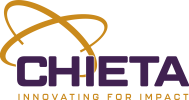

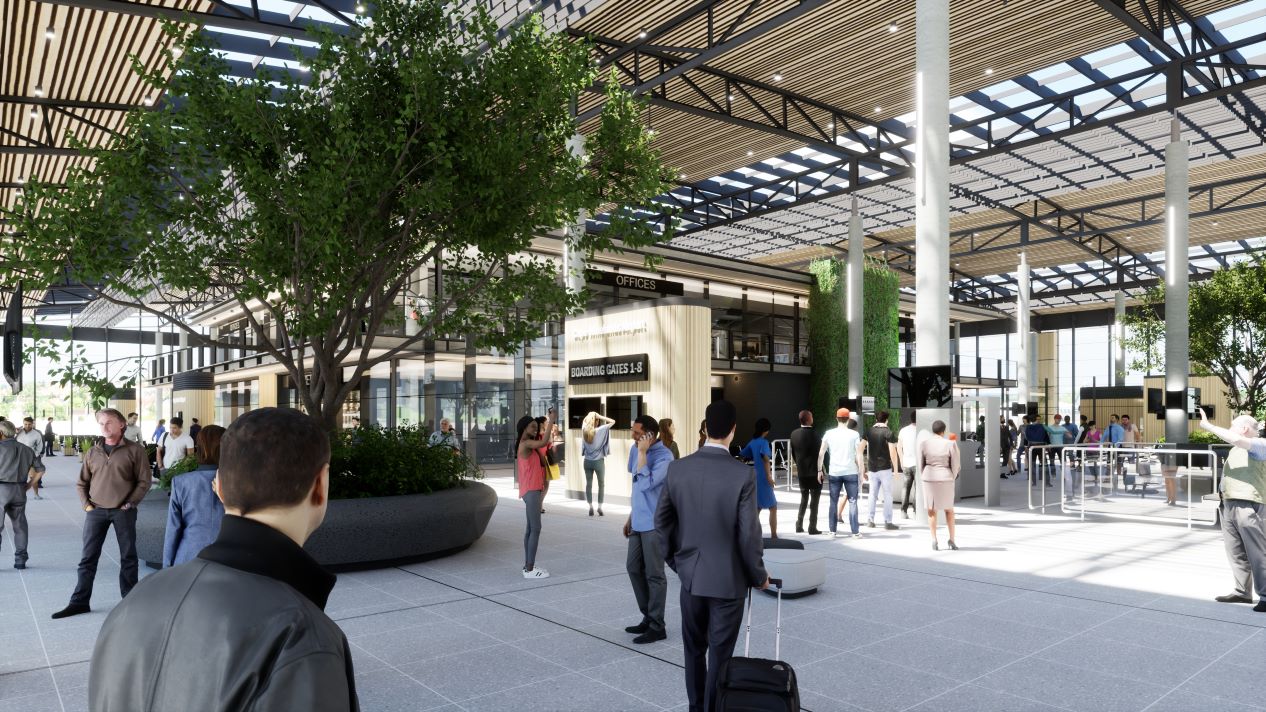
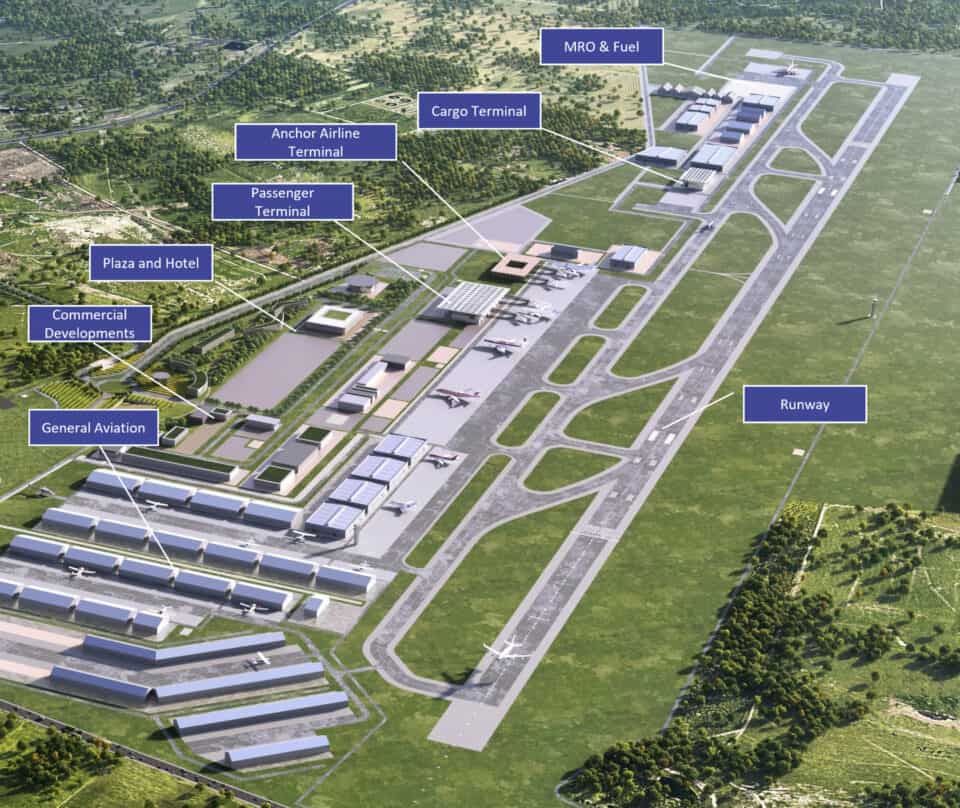

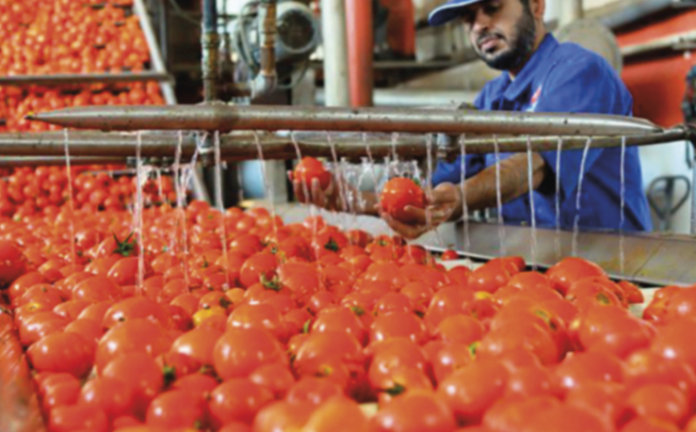
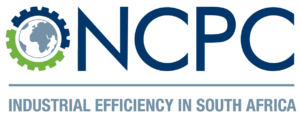 The study sought to assess the gaps in the dairy-processing industry with a focus on the cheese and yoghurt industries, while identifying practical energy and water measures that can be adopted to improve resource consumption and management.
The study sought to assess the gaps in the dairy-processing industry with a focus on the cheese and yoghurt industries, while identifying practical energy and water measures that can be adopted to improve resource consumption and management.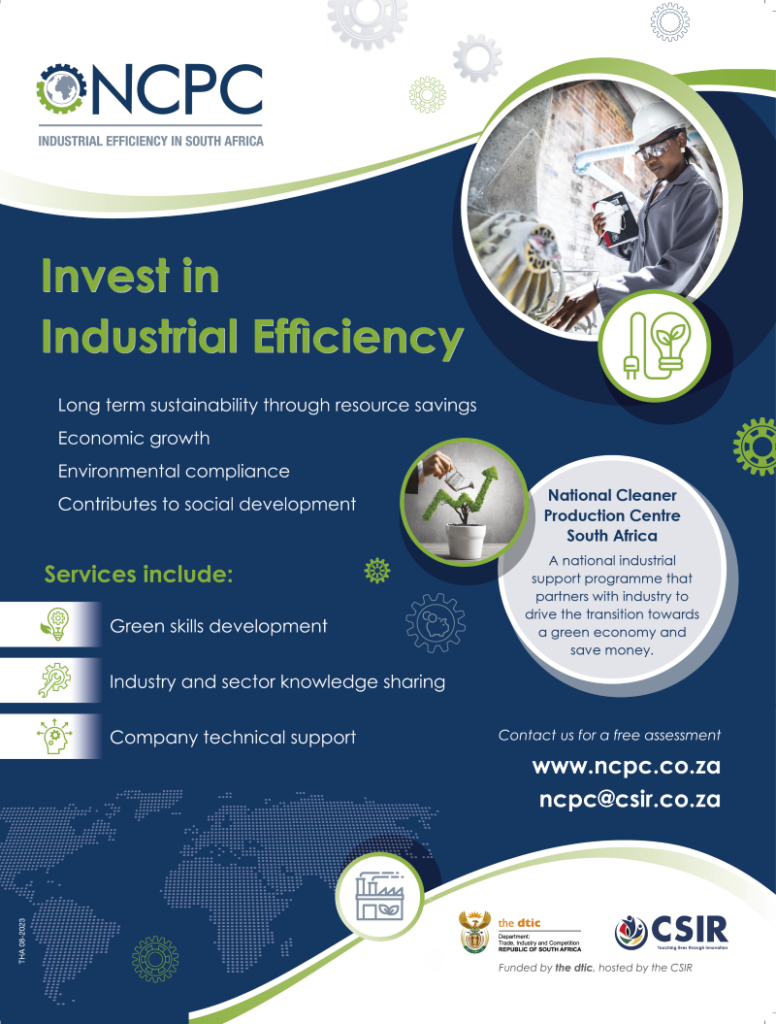
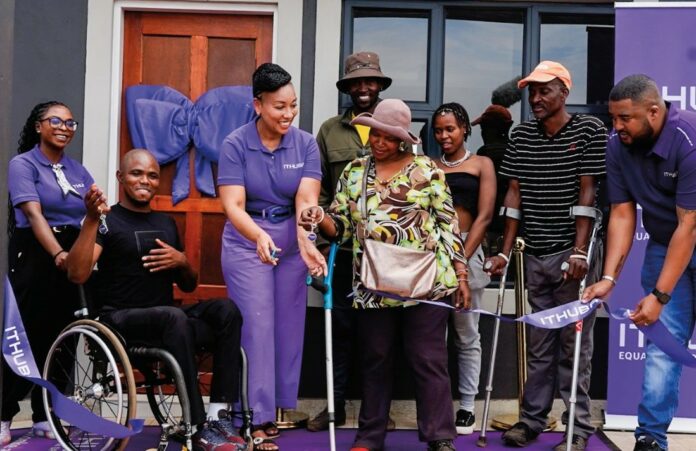
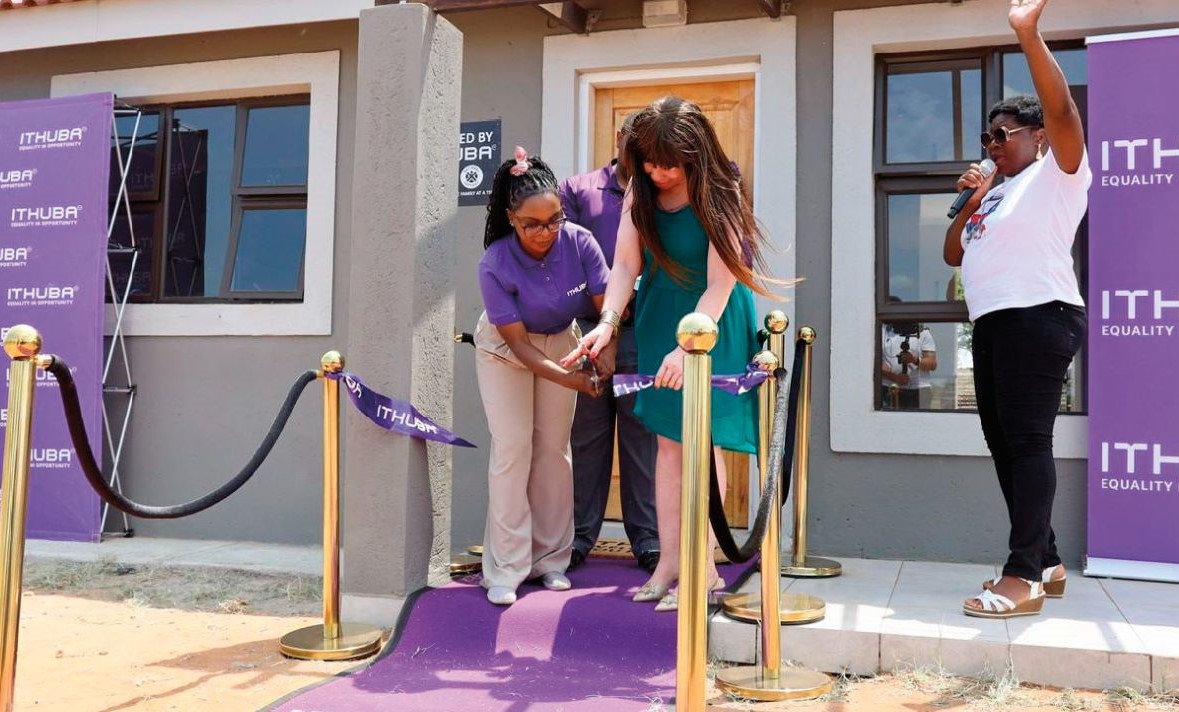

 Starting its festive housing handout in Gauteng, ITHUBA will move across to the Free State, before concluding the giveaways for 2023 in the Eastern Cape – handing out Christmas cheer in abundance; the new homes speak more about paving the way forward for lasting change and peace. These homes will change not only the future of the family receiving the home now but the future families that will live in it over the years to come.
Starting its festive housing handout in Gauteng, ITHUBA will move across to the Free State, before concluding the giveaways for 2023 in the Eastern Cape – handing out Christmas cheer in abundance; the new homes speak more about paving the way forward for lasting change and peace. These homes will change not only the future of the family receiving the home now but the future families that will live in it over the years to come.

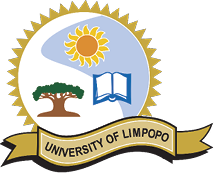 Established in 1996, TGSL has consistently demonstrated its commitment to excellence in management and education. Our foundational vision is to emerge as a premier provider of postgraduate qualifications in the fields of business management, development planning, and public administration and management.
Established in 1996, TGSL has consistently demonstrated its commitment to excellence in management and education. Our foundational vision is to emerge as a premier provider of postgraduate qualifications in the fields of business management, development planning, and public administration and management.